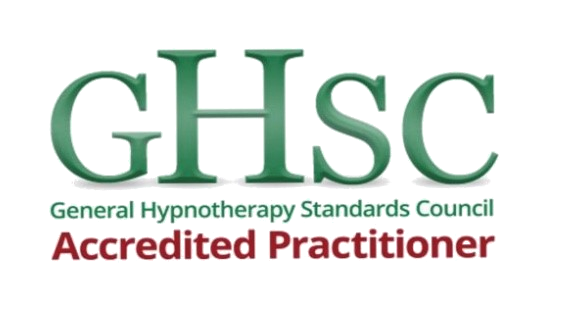Conditions and Problems
Addictions ADHD and ASD Anger Management Bipolar Disorder Body Dysmorphic Disorder Body Focused Repetitive Behaviours Chronic Pain Covid Recovery Claustrophobia Depression & Low Mood Eating Disorders Emetophobia - Vomiting Phobia Fears & Phobias Generalised Anxiety Disorder Grief & Bereavement
Health Anxiety Hoarding Disorder Low Self Esteem Obsessive Compulsive Disorder Hyperawareness OCD Relationship OCD (R-OCD) Sensorimotor OCD Panic & Agoraphobia Perinatal Depression Personality Disorders Relationship Problems Social Anxiety Sleep Problems Trauma/PTSD Work Related Stress





